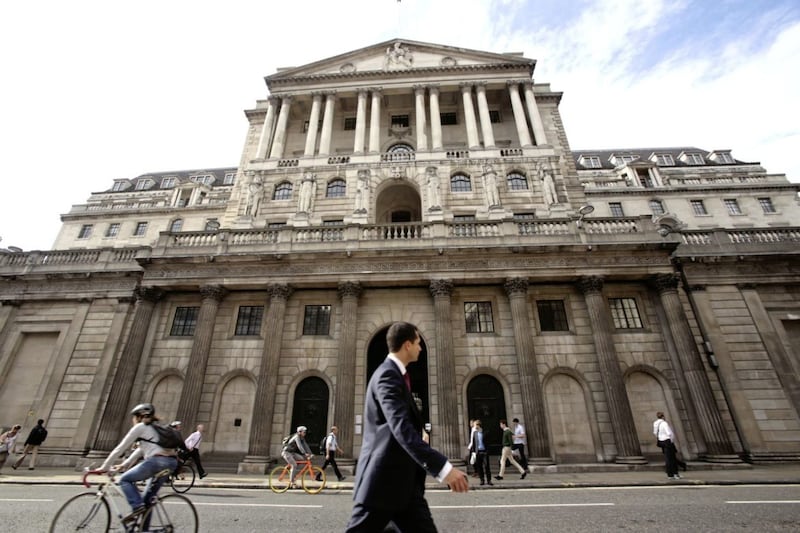IMPACT investing is fast becoming more mainstream as investors seek to ensure the long-term viability of their investment choices and their impact on society.
The Barclays Investment Solutions team believes one way to help investors stay invested is by having investments which reflect their personal beliefs and desire to make a positive change in the world. Recently, we conducted research which showed that in times of volatility and falling markets, one in three investors would find it easier to hold investments if they were investing to address social and environmental challenges.
Investing in specific companies and projects that benefit society and the environment is one approach within the impact investing movement. Its aim is to generate both financial returns and a positive contribution to the world.
This can be achieved by investing in themes like sustainable agriculture, healthcare, education, and clean energy, for example through companies developing innovative environmental solutions that are poised to benefit from the trend towards renewables.
Through investing in these themes, which support the UN Sustainable Development Goals (SDGs), investors can play a role in financing companies with the commercial solutions to address our most pressing issues. To achieve these SDGs by 2030, the UN estimated that it will require approximately $5-7 trillion of annual investment. Private capital is increasingly needed because neither governments nor charity can solve these issues alone.
While it may be hard to deny the positive outcomes that can come from impact investing, how can it also benefit investors themselves? We know that it’s not just financial returns that drive investors, many also get satisfaction from emotional returns. This is most obvious with alternative luxury investments – such as art, wine, or classic cars – where investors often enjoy holding the asset itself, as well as any financial returns it may generate.
The same can apply to more conventional investments that create a positive impact on society. For example, investors get a feeling of purpose by supporting companies that are trying to solve climate change or address the issue of plastic pollution. Or, they feel they’re playing a part in wider societal movements by investing in companies with better gender diversity or with fair or living wage practices.
Many people are also conscious of the legacy they’ll leave for their children and grandchildren and strive for a world with less disease, cleaner air, or greater social equality.
These emotional benefits can help encourage investing for the long term, as investors can find it easier to look beyond periods of stock market turbulence to the future benefits their investments are trying to create. These investments like all others can fall in value as well as rise and you may get back less than you invest.
This is also important because by staying invested, they’re less likely to miss out on some of the best days in markets. In fact, missing out on just the best five days of performance over the past 20 years would have meant leaving the equivalent of one per cent per year on the table in terms of returns; missing the best 30 days, over 10 per cent.
This is because many of the best days of market performance have often been at the beginning of a rebound. This underscores the importance of staying invested throughout the cycle – disciplined, long-term investors are rewarded.
:: Jonathan Sloan is director at Barclays Wealth & Investments NI








